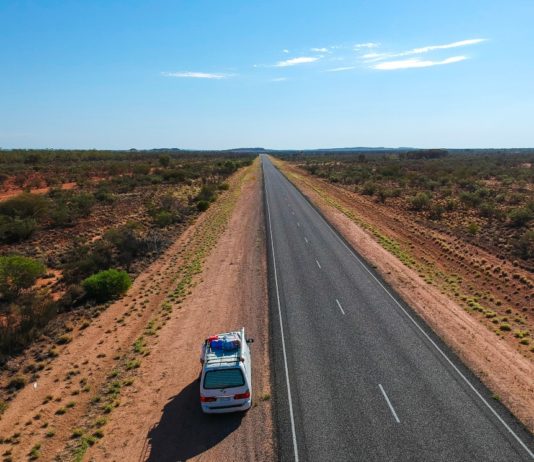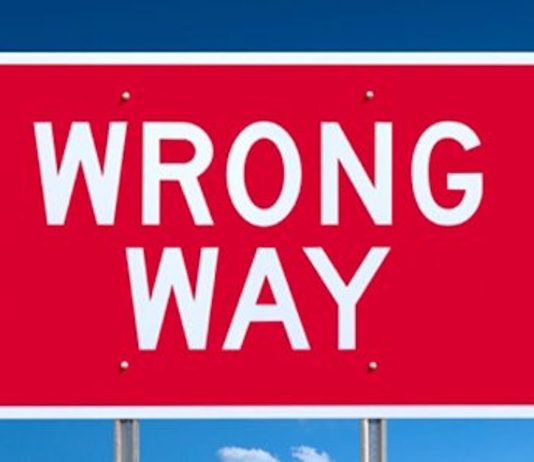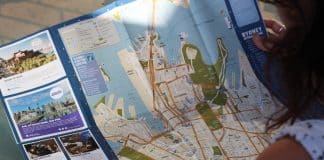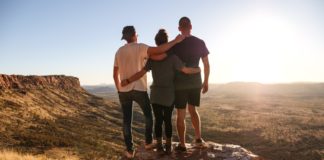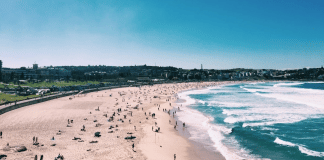Visit Bali on a Budget – 2025 Guide for Backpackers
Bali, "the island of the gods" offers everything your heart desires. Everyone is happy and content here, no matter if you’re a surfer, scuba...
Arriving in Australia on a WHV – To do list for...
Arriving in Australia on a Working Holiday Visa (WHV) is an exciting adventure filled with new experiences and opportunities. To ensure a smooth transition...
Ridesharing Australia
Whether you’re alone or with a group of friends, Ridesharing or Carpooling in Australia is always a good idea to get around. Remember, it...
Festivals and Events in Australia in 2025
An impressive number of events and festivals take place every year in Australia. National festivals, music festivals, cultural and sporting events… there is something...
Hiking in Australia – The Ultimate Guide
Australia, with its vast and varied landscapes, offers some of the most unforgettable hiking experiences in the world. From the rugged coastlines and lush...
10 Tips for Girls on a Road trip
That's it, the long-awaited moment has arrived, girls, the main reason you all plan to go to Australia is to experience the joys of...
Ultimate Adventure Activities in Australia
Australia is a dream destination for thrill-seekers. From skydiving over iconic coastlines to exploring the rugged Outback, there's an adrenaline-pumping activity for every backpacker....
Seasons & Climate in Australia
Australia is a huge country with a wide variety of climates. Therefore, depending on the season, you can undertake various types of trips and...
Phone plans in Australia: Prepaid, Packages, Contracts
When leaving your home country to come to Australia, one of the first things you might want to figure out before your arrival is...
Cost of travel in Australia in 2025
Australia, known for its stunning landscapes, vibrant cities, and unique wildlife, continues to be a dream destination for travelers worldwide. However, understanding the cost...




















